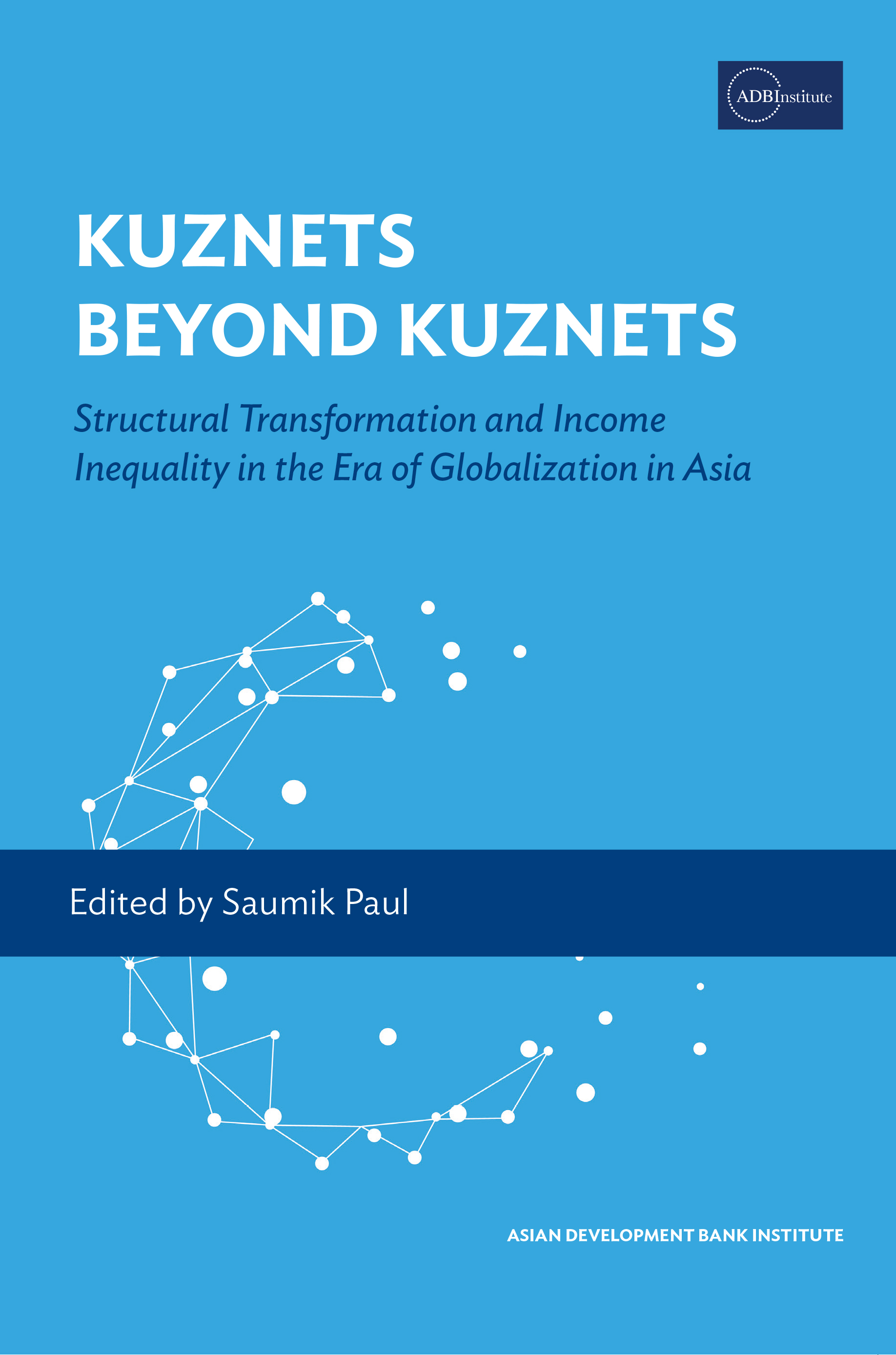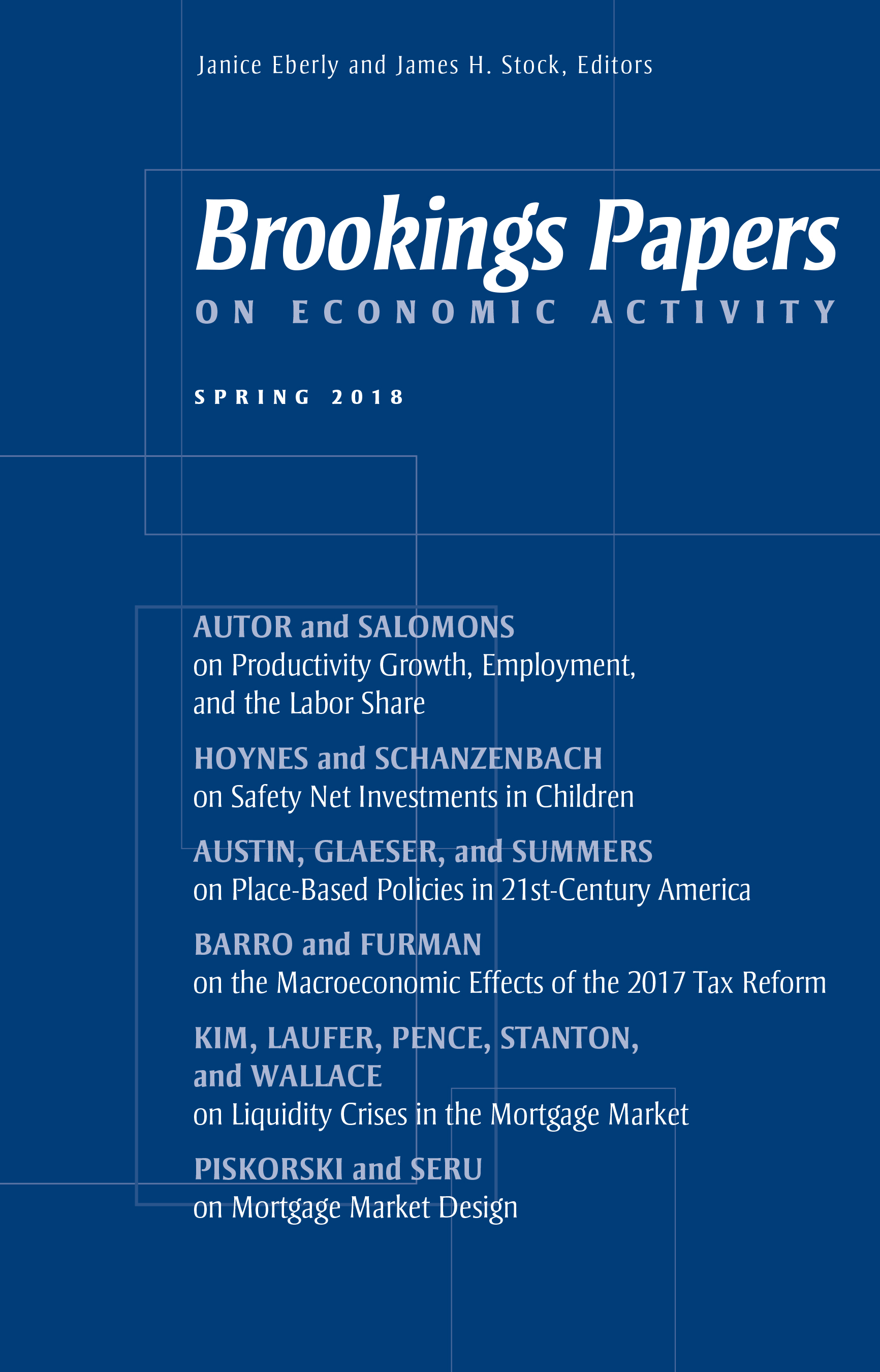
Repeated battles over the 2011 budget are taking attention from a more dire problem: the long-run budget deficit.
Divided government is no excuse for inaction. The bipartisan National Commission on Fiscal Responsibility and Reform, under co-chairmen Erskine Bowles and Alan Simpson, issued a report on the problem in December supported by 11 Democrats and Republicans—a clear majority of the panel’s 18 members.
As former chairmen and chairwomen of the Council of Economic Advisers, who have served in Republican and Democratic administrations, we urge that the Bowles-Simpson report, “The Moment of Truth,” be the starting point of an active legislative process that involves intense negotiations between both parties.
There are many issues on which we don’t agree. Yet we find ourselves in remarkable unanimity about the long-run federal budget deficit: It is a severe threat that calls for serious and prompt attention.
While the actual deficit is likely to shrink over the next few years as the economy continues to recover, the aging of the baby-boom generation and rapidly rising health care costs are likely to create a large and growing gap between spending and revenues. These deficits will take a toll on private investment and economic growth. At some point, bond markets are likely to turn on the United States—leading to a crisis that could dwarf 2008.
“The Moment of Truth” documents that “the problem is real, and the solution will be painful.” It is tempting to act as if the long-run budget imbalance could be fixed by just cutting wasteful government spending or raising taxes on the wealthy. But the facts belie such easy answers.
The commission has proposed a mix of spending cuts and revenue increases. But even this requires cuts in useful programs and entitlements, as well as tax increases for all but the most vulnerable.
The commission’s specific proposals cover a wide range. It recommends cutting discretionary spending substantially, relative to current projections. Everything is on the table, including security spending, which has grown rapidly in the past decade.
It also urges significant tax reform. The key principle is to limit tax expenditures-tax breaks designed to encourage certain activities-and so broaden the tax base. It advocates using some of the resulting revenues for deficit reduction and some for lowering marginal tax rates, which can help encourage greater investment and economic growth.
The commission’s recommendations for slowing the growth of government health care expenditures—the central cause of our long-run deficits—are incomplete. It proposes setting spending targets and calls for a process to suggest further reforms if the targets aren’t met. But it also lays out a number of concrete steps, like increasing the scope of the new Independent Payment Advisory Board and limiting the tax deductibility of health insurance.
To be sure, we don’t all support every proposal here. Each one of us could probably come up with a deficit reduction plan we like better. Some of us already have. Many of us might prefer one of the comprehensive alternative proposals offered in recent months.
Yet we all strongly support prompt consideration of the bipartisan commission’s proposals. The unsustainable long-run budget outlook is a growing threat to our well-being. Further stalemate and inaction would be irresponsible.
We know the measures to deal with the long-run deficit are politically difficult. The only way to accomplish them is for members of both parties to accept the political risks together. That is what the Republicans and Democrats on the commission who voted for the bipartisan proposal did.
We urge Congress and the president to do the same.







